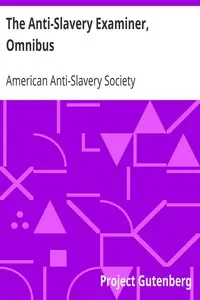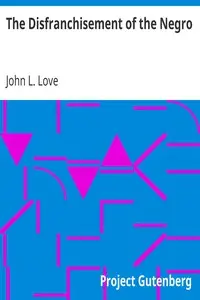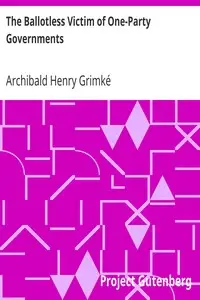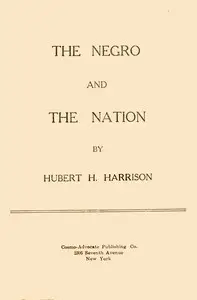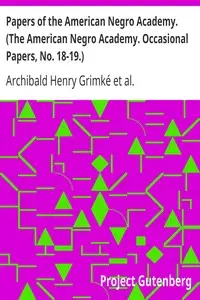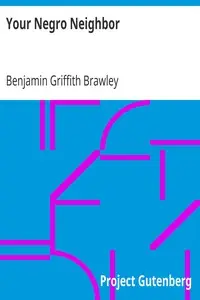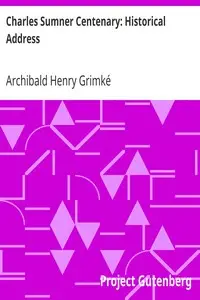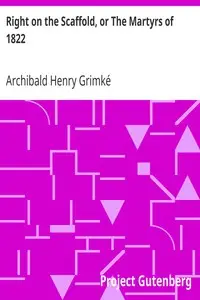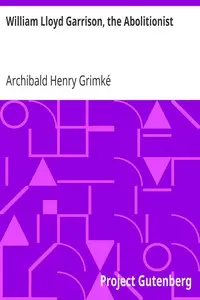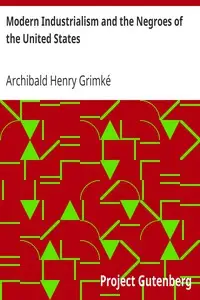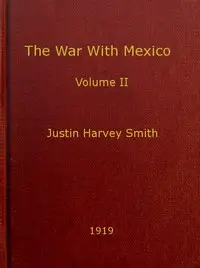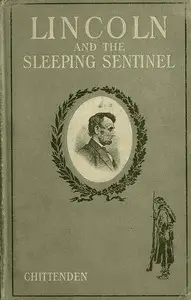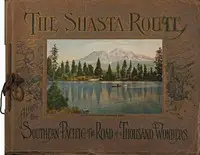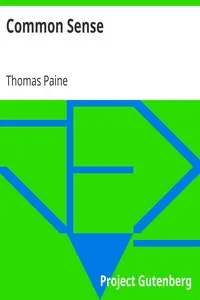"The Negro and the Elective Franchise: A Series of Papers and a Sermon" by Archibald H. Grimké compiles writings about the struggle for African American voting rights in the early 1900s. The collection critically studies injustices rooted in the Constitution and the continuous denial of Black people's voting power in the South after the Civil War. It closely examines the challenges Black citizens faced when attempting to vote and the tense relationship between the Northern and Southern regions of the United States regarding civil rights. Opening the book is a long look into Black Americans' representation, highlighting the negative effects of political compromises and laws designed to limit their power. Grimké explains how Southern states suppressed the Black vote through unfair legal means, allowing them to count Black people in their population numbers but preventing them from voting. He cautions that this attack on democracy not only hurts Black citizens but also threatens the strength of American democracy itself.
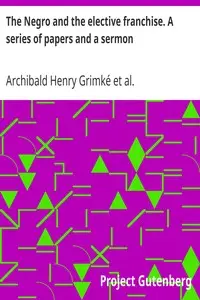
The Negro and the elective franchise. A series of papers and a sermon
By Archibald Henry Grimké
Explore the compelling fight for political power as African Americans face systematic barriers to exercising their fundamental right to vote.
Genres
Released
2011-03-01
Formats
epub
epub (images)
epub3 (images)
mobi
mobi (images)
txt
Free Download
Summary
About the AuthorArchibald Henry Grimké was an African-American lawyer, intellectual, journalist, diplomat and community leader in the 19th and early 20th centuries. He graduated from freedmen's schools, Lincoln University in Pennsylvania, and Harvard Law School, and served as American Consul to the Dominican Republic from 1894 to 1898. He was an activist for the rights of Black Americans, working in Boston and Washington, D.C. He was a national vice-president of the National Association for the Advancement of Colored People (NAACP), as well as president of its Washington, D.C. chapter.
Archibald Henry Grimké was an African-American lawyer, intellectual, journalist, diplomat and community leader in the 19th and early 20th centuries. He graduated from freedmen's schools, Lincoln University in Pennsylvania, and Harvard Law School, and served as American Consul to the Dominican Republic from 1894 to 1898. He was an activist for the rights of Black Americans, working in Boston and Washington, D.C. He was a national vice-president of the National Association for the Advancement of Colored People (NAACP), as well as president of its Washington, D.C. chapter.
Total Reviews
10.0k
Total reviews from Goodreads may change

